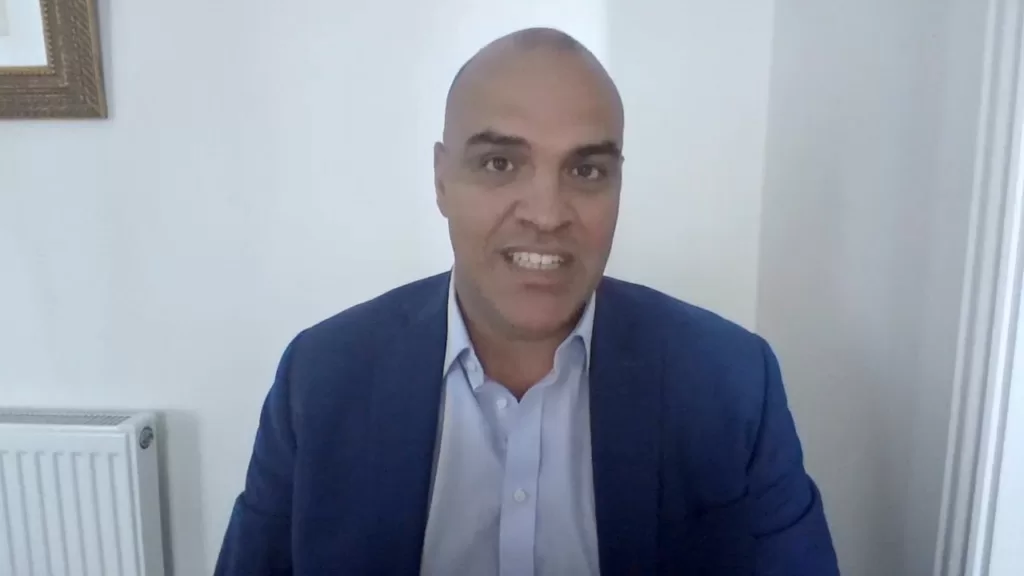We use cookies to improve your experience with Monash. For an optimal experience, we recommend you enable all cookies; alternatively, you can customise which cookies you’re happy for us to use. You may withdraw your consent at any time. To learn more, view our Website Terms and Conditions and Data Protection and Privacy Procedure.
Mental health a major concern for young Australians
Published on October 10, 2023New data released by the Australian Bureau of Statistics has shown mental health conditions are most prevalent among young Australians aged 16 to 24.
 Nearly two in five young Australians have had recent symptoms of a long-term mental health condition. : Pexels: Leah Kelley Pexels Licence
Nearly two in five young Australians have had recent symptoms of a long-term mental health condition. : Pexels: Leah Kelley Pexels Licence
New data released by the Australian Bureau of Statistics has shown mental health conditions are most prevalent among young Australians aged 16 to 24.
Ahead of World Mental Health Day on 10 October, new data released as part of the National Study of Mental Health and Wellbeing has found more than two in five Australians have had a mental health condition at some point in their lives.
Half of those people had experienced symptoms in the 12 months prior to responding to the survey.
Of the nearly 16,000 Australians aged between 16 and 85 who took part in the research between December 2020 and October 2022, mental health conditions were most prevalent among young Australians between the ages of 16 and 24.
Almost two in five 16 to 24-year-olds — or 1.1 million people — had had symptoms of a long-term mental health condition in the previous 12 months.
The number of people surveyed also meant the Australian Bureau of Statistics (ABS) was able to provide a state and territory breakdown of the proportion of people living with different types of mental health conditions around the country.
The value of this data, said the ABS head of health statistics Linda Fardell, “is that it gives researchers and policymakers insights into which groups are most affected by mental disorders, so they can plan for what kind of interventions might be needed”.
The data revealed an increase in the number of young people seeking help for mental health conditions, said the Department of Health and Aged Care’s Deputy Chief Medical Officer for Mental Health Dr Ruth Vine.
“But I have to say, it’s around about the 50 percent mark, which still means that a lot of people are either not reporting that they sought help or are not seeking help,” she said.
One way to address this is to look at other intervention strategies to engage with young people — particularly young men who are less likely to seek help — about their mental health, for example in places like sporting clubs or where they work.
“I do think it’s really important to recognise that sometimes we need to think about opportunistically enabling people to express what’s going on in their lives, rather than necessarily them needing to be help-seeking through the health system,” Dr Vine said.
Clinical psychologist from the University of Sydney Professor Adam Guastella said what he found surprising was the lack of support for young people to address their needs.
“Lots of young people are reporting great difficulty accessing support, even to the point of digital tools,” he said.
“We saw that seven percent of young people report using digital tools for support. And in this sort of society where young people are on their phones and use computers all the time, it really surprised me that they’re not getting high-quality supports using digital technology.”
According to Professor Guastella, one way to address this is to improve digital technologies and digital access to evidence-based supports.
“We don’t need media influencers providing evidence about what works,” he said.
“What we need is reliable information about supports that can help young people deal with anxiety, substance misuse and other mental health concerns, and also as a source of truth that they can rely on this information and get the supports they need.”
If this article has raised issues for you, or if you’re concerned about someone you know, visit https://findahelpline.com/i/iasp.
Originally published under Creative Commons by 360info™.
Editors Note: In the story “Youth mental health” sent at: 09/10/2023 06:53.
This is a corrected repeat.








